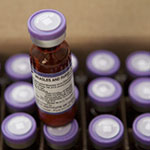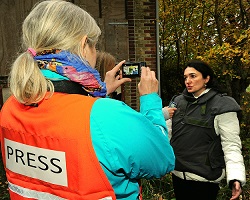Measles and rubella
Measles is a highly infectious virus, and globally still one of the leading causes of childhood mortality. Rubella is usually mild when experienced in childhood, but it can often lead to serious and sometimes fatal complications in the foetus when an unprotected woman acquires the infection early in pregnancy. All countries in the WHO European Region include highly effective and safe measles- and rubella-containing vaccines in their routine immunization programmes.
Read more about measles and rubellaTop story
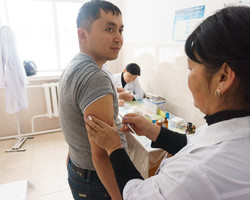 Unleashing the potential of vaccines for a healthier Europe
Unleashing the potential of vaccines for a healthier Europe
Compared to every other WHO region, the European Region has the lowest mortality figures for children under the age of 5. The Region has been free from poliomyelitis since 2002, and many Member States have also stopped the endemic spread of measles and rubella.
Vaccination and COVID-19
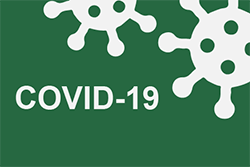
- COVID-19 vaccines and vaccination
- Operational guidance to support Member States in preparing for and implementing COVID-19 vaccination
- Q&A on vaccination during the COVID-19 pandemic
- Guidance on routine immunization services during COVID-19 pandemic in the WHO European Region
- Mitigating the impact of COVID-19 on control of vaccine-preventable diseases: a health risk management approach focused on catch-up vaccination (2020)
Key resources
- CISID
WHO/Europe infectious disease data set, compiled from reports submitted by Member States
- Measles and rubella laboratory data management system
Information and resources for the Regional Measles and Rubella Lab Network
- Immunization Resource Centre
Documents designed to assist health professionals in their day-to-day work as it relates to immunization
- WHO EpiBrief
Periodical report containing an overview and analysis of epidemiological data on selected vaccine-preventable diseases in the WHO European Region.
- WHO EpiData
Monthly surveillance data by country presented in summary tables.
Verification of measles and rubella elimination
Meeting reports of the European Regional Verification Commission of Measles and Rubella EliminationPublications
 Strategic Response Plan for the measles emergency in the WHO European Region (September 2019–December 2020) (2019)
More publications
Strategic Response Plan for the measles emergency in the WHO European Region (September 2019–December 2020) (2019)
More publications
European Immunization Week
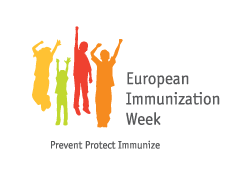
Each year in April, EIW promotes the core message that the immunization of every child is vital to prevent diseases and protect life. The goal of the region-wide campaign is to increase vaccination coverage by raising awareness of the importance of immunization.
Go to EIW2021 campaign site